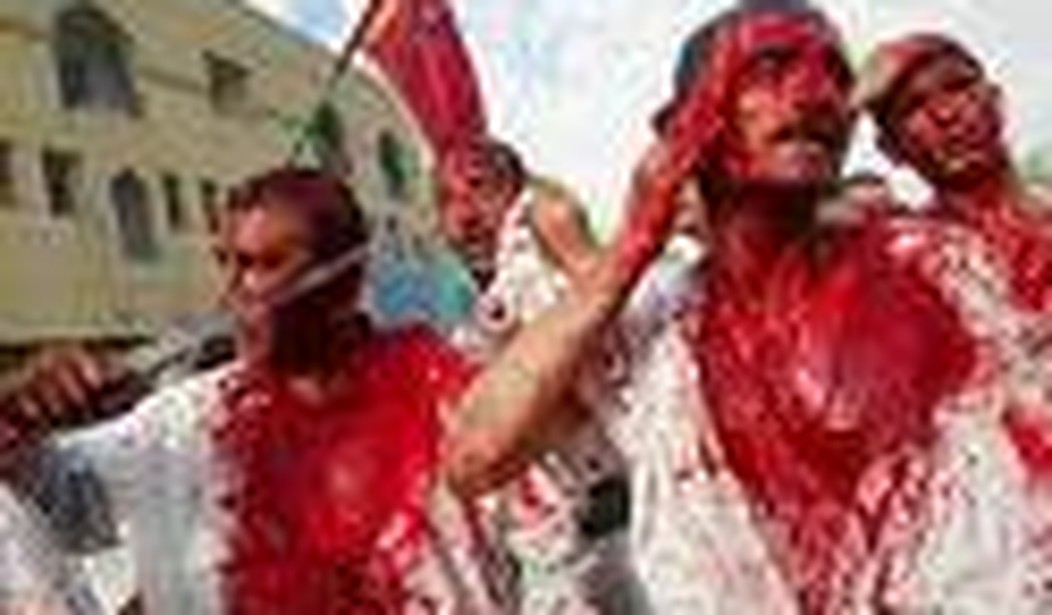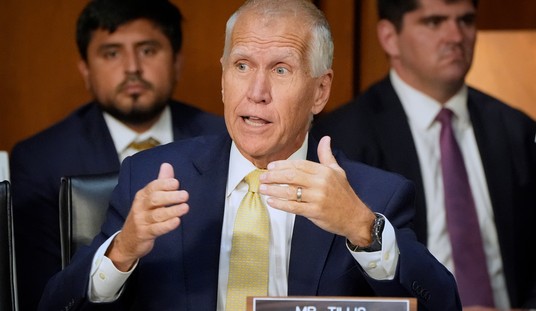There is growing popular dissatisfaction with the poor performance of local administrations across Iraq’s southern provinces and the growing pressures practiced by clerics who are trying to Islamize the society.
To make matters worse are the atrocities committed by some militias and the bitter fighting among ruling parties in which ordinary citizens pay the highest price.
I think clerics and politicians in Prime Minister Maliki’s United Iraq Alliance realize this dissatisfaction may lead to an awakening movement similar to the one that has taken place in Anbar province in the western part of Iraq.
In order to make a comparison, and try to predict what’s likely to happen in the south, one needs to first understand exactly what happened in Anbar.
The core of the struggle there is an old conflict of interests between clerics and tribal sheiks. The two groups competed for leadership of the society for centuries. Even though the sheik might show loyalty to the cleric he still hides enmity for him; they’re each other’s nemesis.
This conflict of interests was evident in what happened during the revolution of 1920, less than a century before the division between those who supported the clergy’s revolt and those who kept their allegiance to the tribe and preserving its interests.
The difference between clerics and sheiks is huge; the first do not believe in negotiation and speak in terms of “halal” and “haram” claiming to be representative of heaven’s justice. Obviously you can’t negotiate deals with God so as far as the clerics are concerned, society must follow them, without asking questions.
By contrast, the tribal sheik was raised and taught to know how to lead productive negotiations. Tribal leaders have long played the role of judges to settle disputes among individuals within the tribe or between different tribes and when they do so they try to make sure that decisions are reached through consultation with the two sides of the dispute and would acceptable to both as well. In other words a sheik has to be a good negotiator, willing to hear both sides of the story and convince them to make concession in order to contain the problem and restore order-it’s an important part of his job.
Now let’s take a look at the difference between the Iraqi west and south.
First: In the west, the situation was much worse than the south. The suffering of the populace under al-Qaeda was intolerable and this was a factor that made anti-al-Qaeda sentiment grow fast and speeded the emergence of the awakening movement.
Secondly: the Sunni clergy represented by the association of Muslim scholars in a fairly recent organization cannot be compared to the long-established Shia clergy in the south. Therefore there was no strong ideological and spiritual connection between the clergy and populace in the west and the struggle between the two organizations (tribe and mosque) intensified.
In the case of the west, the Islamic Party, which was the only political body representing the Sunnis, was opposed to the association. In turn, the clergy turn did not offer the Islamic party blessings during the elections but instead declared it a renegade infidel body. By contrast the Shia clergy offered invaluable support to Shia parties and made their climb to power much easier.
Third, the Islamic state that al-Qaeda sought to establish followed the Salafi doctrine which still represents a minority faction among Iraq’s Sunni community which largely follows the Hanafi doctrine.
These three points summarize why the west and south have some very distinct differences.
From this, I think that the emergence of a tribal awakening against the dominance of religion in the south would run a serious risk of being smeared as a treacherous revolt against the sect-as a community-itself at a time when the Shia are for the first time enjoying the rise of their sect’s role in Iraq’s politics. The pan-nationalist Arab Salafi hostility toward them could make their “awakening” a double-edged sword – it would weaken their unity in the frame of the sect at a time when they still don’t feel completely secure in a pluralistic country.
What happens then?
Both Shia clerics and politicians feel the growing unrest and they know that awakening is coming. Maybe more slowly, because of the factors I mentioned, but surely. This is why they want to stay ahead of the rising tide.
We are therefore likely see a race take place within the UIA towards taking over the coming awakening – even though the UIA itself is the target. In other words, some parties in the UIA will try to maneuver quickly to tame and lead the awakening instead of standing in its way.
Last week or so the Supreme Islamic Iraqi Council (SIIC) praised the efforts to establish awakening councils from among the tribes of the south “to fight outlaw Shia groups” but on the condition that the government, not the Americans, oversees the process.
Politicians and clerics are trying to avoid a scenario similar to that in the west and also to avoid repetition of what happened in the past when some tribes sided with the British administration and hampered the change called for by the clergy.
What the people in the UIA, particularly the SIIC, are thinking is the following ‘if there’s going to be an awakening that can be diverted from attacking us and exploited to serve our interests at the expense of our rivals then so be it!’
Here I think the SIIC is planning to shape the awakening to be exclusively an effort against Sadr movement which rejects the SIIC’s federal project and its control of local administrations to the extent that bloody skirmishes between the two are not uncommon.
This could be the case if the SIIC succeeds to put the awakening under the supervision of the Iraqi government, not American troops, and consequently under the leadership of Badr brigade.
If this happens the process would end up involving more infighting for partisan gains than awakening against the project to build an Islamic state.
The winner then would be the SIIC and to a lesser extent the Dawa, their grip over the region would become stronger, the position of the clergy preserved and popular dissatisfaction dissipated.
Mohammed Fadhil is PJM Baghdad editor. His own blog is Iraq The Model








Join the conversation as a VIP Member